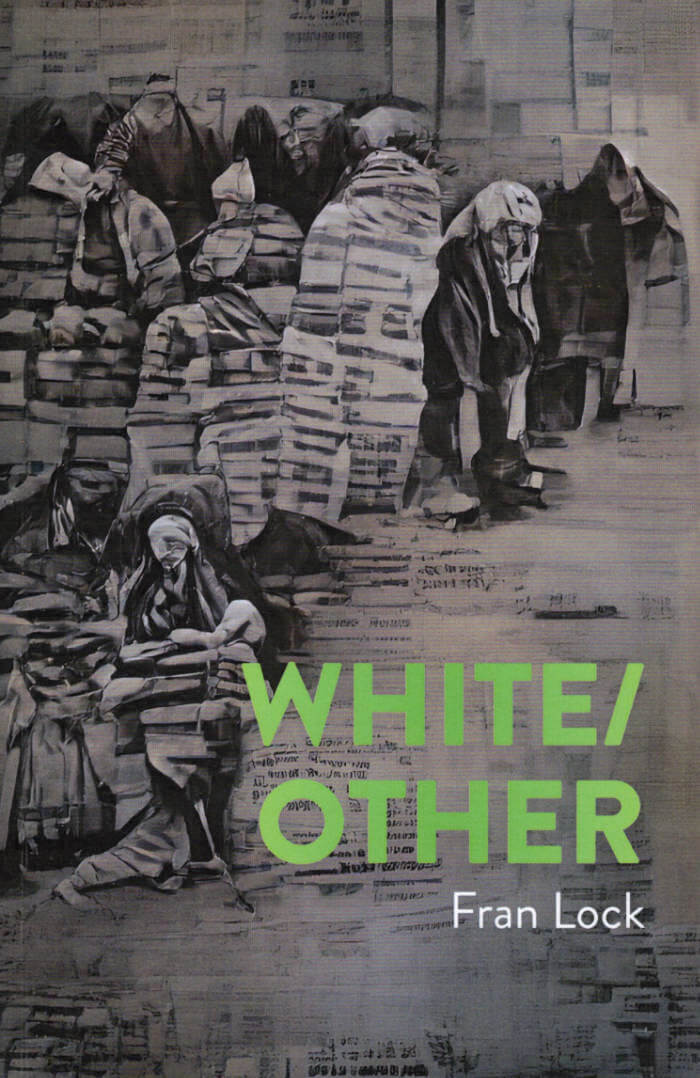
White/ Other
White/ Other is a strange hybrid beast – part poetry, part polemic, part sectarian graffiti – a long lyric essay that grapples with the complexities of writing and living from the position of the absent subject: that is the white working-class “other” within neo-liberal culture. White/ Other is memoir remixed, cut up and spliced with passages of cultural analysis and moments of feral lyric riff to ask what it means to be politically reviled, socially abjected, and economically disenfranchised, alive at the sharp end of everything, language included.
'One of the unique joys of being a “white, other” is that you present an opportunity for nice, white middle-class people to comfortably indulge both their racism and their classism without ever having to admit to the existence of either. They don't see your class because you do not present to them like a “typical” working-class person according to the tropes they themselves invented, or because they do not believe the class system exists. They filter class out of their world-view in ways that remove the experience of class-based oppression from black and minority ethnic people, while refusing to acknowledge the roll racism plays in the perception and treatment of white working-class others...'
Fran Lock is a some-time itinerant dog whisperer, the author of seven poetry collections and of numerous chapbooks, most recently Contains Mild Peril (Out-Spoken Press, 2019). Fran has recently completed her Ph.D. at Birkbeck College, University of London, titled, "Impossible Telling and the Epistolary Form: Contemporary Poetry, Mourning and Trauma". She is an Associate Editor at Culture Matters and she currently teaches at Poetry School.
Language: English







